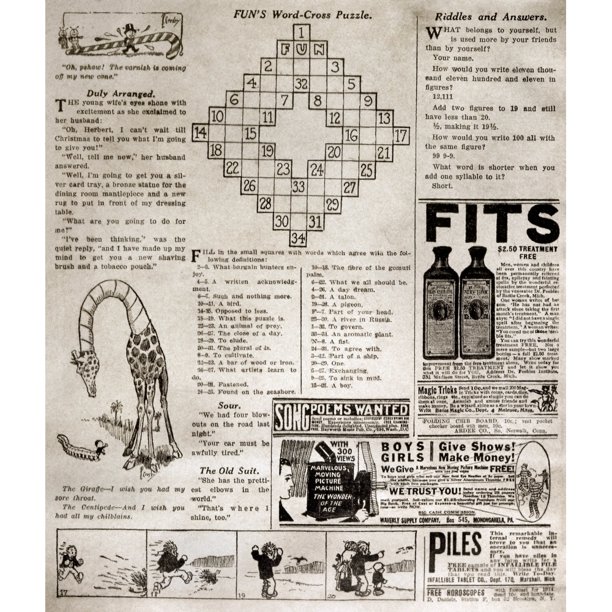Neologisms come from many sources. An invented name, a character, an acronym, a genericization. So “Light Amplification by Stimulated Emission of Radiation” becomes laser and “Xerox” becomes “xerox”. Leading to the paradoxical proposition “Xerox saved itself from extinction by moving from xeroxing to laser printing”.
Mass culture offers mass choice for the neologist. We might have had telephote or televista instead of television. Motorcar, autocar and automobile were all contenders for what Anglophones now call the car or the automobile. A neologism in waiting was electromobile, and there was no shortage of attempts in the late 19th and early 20th centuries to get the electric car up and running.
While Tesla entered the S&P 500 on 21 December 2020, we don’t yet know whether “Tesla” will morph into “tesla” as “Xerox” became “xerox”.
Incidentally and ironically, history gives us a real close up as to how a new word comes into creation with the word “tweet”.
Six hundred and fifty years ago, Geoffrey Chaucer was translating from Latin to English. The Latin was the Consolation, Boethius’s reflection from an even earlier 850 years on evil, happiness, fortune and God. The line Chaucer had in front of him was sylvas dulci voce susurrat. The first three words and the context tell us we are in a wood with a bird and her sweet voice. The challenge for Chaucer was “susurrat”.
The verb “susurrare” is a fine Latin onomatopoeia meaning murmur or whisper and anyone but Chaucer may have sat with a sylvian sibilance. He did not sit. Rather, he moved, rendering the line “Tweeting desiring the wood with her sweet voice”. So the word “tweet” was born.
The word for a crossword buff, cruciverbalist, was born in 1971, a modest piece of mock Latin drawn from crux, or cross, and verbum, word.
Neologisms can have their quirks. Google is built upon a misspelling of googol, that’s the number one with 100 zeroes after it. And crossword? It began as “word-cross”. The reversal is reputed to be a typesetting error.
While “verbacrucifier” may not have much appeal in the lead up to Christmas, the first “Word-Cross” appeared in a newspaper on 21 December 1913.
